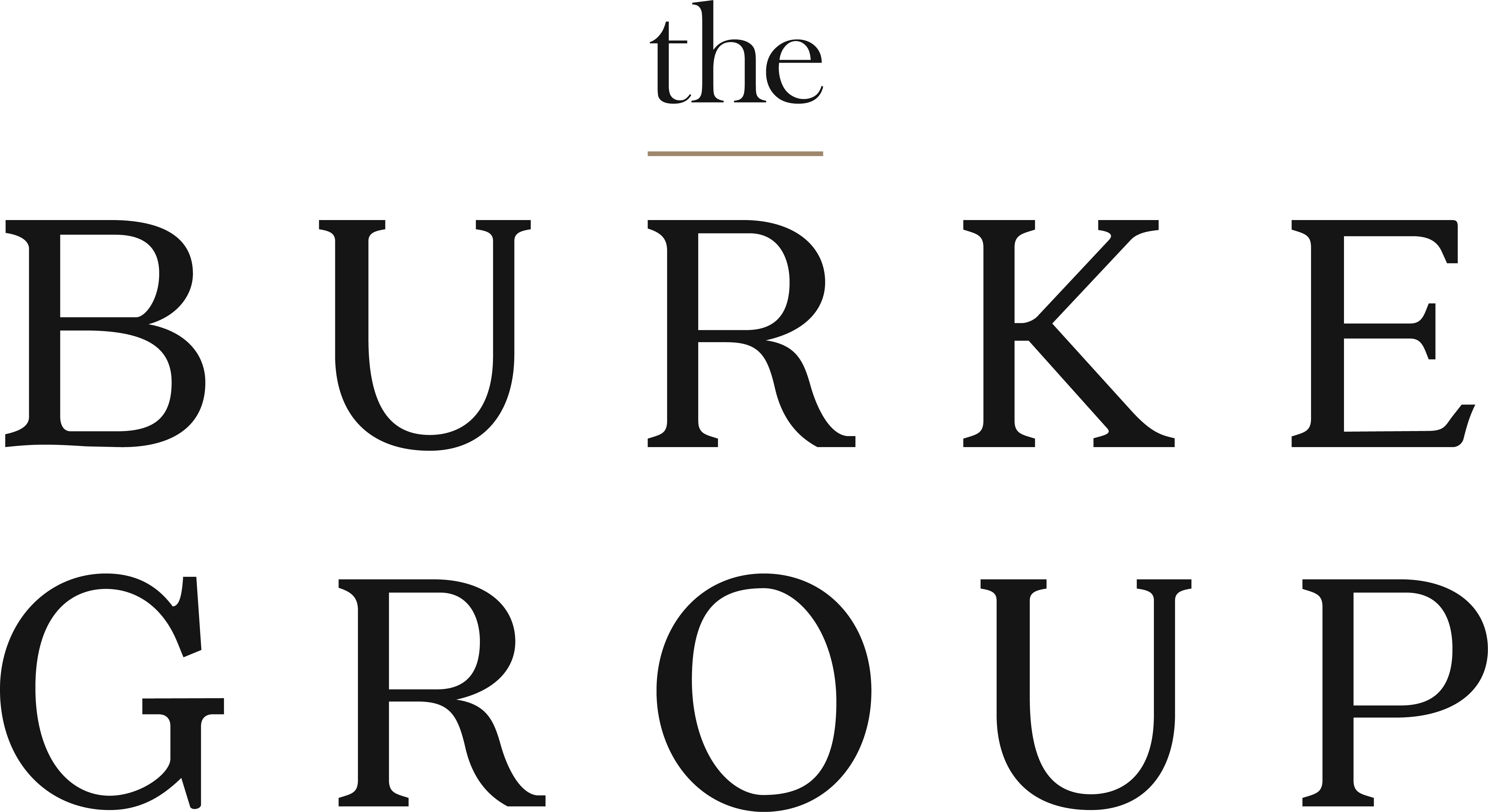Recruiting in a Competitive Market

Recruiting Top Talent in a Competitive Market.
Recruiting and retaining top talent in a competitive job market is a critical challenge for businesses of all sizes and industries. With unemployment rates currently at 6.70% compared to 6.50% last month and 5.30% last year and the job market becoming increasingly competitive, companies face an uphill battle to find and keep the best employees. Companies must take a strategic and holistic approach encompassing recruiting, onboarding, and ongoing employee development and engagement to attract and retain top talent.
One of the key strategies for recruiting top talent is to create a strong employer brand. A strong employer brand is a company's reputation as a great workplace. It includes the company's culture, values, mission, and reputation. A strong employer brand can help a company attract top talent because it communicates that the company is a desirable place to work. Companies can create a strong employer brand by sharing their values, mission, and culture through social media, job postings, and employee testimonials. Companies can also participate in industry events, host open houses, and even create a referral program to attract top talent.
Another key strategy for recruiting top talent is to use targeted recruiting methods. This includes sourcing candidates through specific channels that are most likely to reach the type of candidates the company is looking for. For example, suppose a company is looking for a software developer. In that case, it may want to post a job on a website specializing in technology jobs or reach out to local universities and colleges to attract recent graduates with relevant degrees. Companies can also contact professional associations and industry groups to attract top talent in their specific field.
Once a company has recruited top talent, onboarding and retaining them is the next step. A strong onboarding process helps new employees feel welcome and valued, which can increase their engagement and productivity. Companies can create a strong onboarding process by providing new employees with a detailed orientation, assigning a mentor or buddy, and providing training and development opportunities. Companies can also create a culture of transparency and open communication, which can help new employees feel comfortable sharing their ideas and concerns.
Companies must also focus on employee engagement and development to retain top talent. Employee engagement is employees' level of involvement and commitment to their work and the company. Companies can increase employee engagement by providing opportunities for growth and development, promoting a culture of open communication, and recognizing and rewarding employees for their contributions. Companies can also offer flexible working arrangements and promote a healthy work-life balance to help retain top talent.
Another key strategy for retaining top talent is to offer competitive compensation and benefits packages. This includes offering competitive salaries, bonuses, and benefits such as health insurance, retirement plans, and paid time off. Companies can also offer non-monetary perks such as flexible schedules, telecommuting options, and professional development opportunities.
Offering competitive salaries to potential candidates carries several benefits that contribute to successful recruitment and retention efforts. Firstly, competitive salaries help attract top talent by signalling to candidates that the organization values their skills and contributions. A well-compensated employee is likelier to feel motivated, engaged, and committed to their role, leading to higher productivity and job satisfaction. Competitive salaries can help organizations stand out in a crowded job market, especially in industries where talent is in high demand. In today's candidate landscape, the challenge with salaries and recruitment lies in striking the right balance between offering competitive compensation packages and managing budgetary constraints. With the increasing demand for skilled professionals across various sectors, candidates have more options than ever, making it crucial for organizations to offer attractive salary packages to remain competitive. Furthermore, the COVID-19 pandemic has reshaped the job market, with remote work becoming more prevalent and candidates placing greater emphasis on factors such as work-life balance, flexibility, and benefits in addition to salary. Therefore, offering competitive salaries is more essential than ever to attract and retain top talent, maintain a competitive edge in the market, and support organizational growth and success.
In addition to the above strategies, companies can retain top talent by creating a culture of inclusivity and diversity. A diverse and inclusive workplace can help create a sense of belonging and community, increasing employee engagement and productivity. Companies can promote inclusivity and diversity by creating employee resource groups, providing training and education on unconscious bias, and implementing policies that promote equity and inclusion.
Recruiting and retaining top talent in a competitive job market is a critical challenge for businesses of all sizes and industries. By creating a strong employer brand, using targeted recruiting methods, providing a strong onboarding process, promoting employee engagement and development, offering competitive compensation and benefits packages, and creating a culture of inclusivity and diversity, companies can attract and retain top talent in today's competitive job market. These strategies benefit the employees and directly impact a business's bottom line by increasing creativity, innovation, and improved financial performance.
Benefits of using The Burke Group as your search partner.
Access to a Wide Network: Search firms typically have extensive networks and connections within various industries and sectors. This allows them to tap into a vast pool of potential candidates, including passive candidates who may not be actively looking for new opportunities but could be open to the right offer.
Expertise in Candidate Identification: Search firms specialize in identifying and evaluating top talent. They have the expertise to assess candidates based on their skills, experience, cultural fit, and potential for long-term success within a specific organization. This ensures that only the most qualified candidates are presented to the client.
Confidentiality: In some cases, organizations may prefer keeping executive searches confidential, especially when replacing key leadership positions or exploring sensitive strategic initiatives. Search firms can maintain confidentiality throughout the process, minimizing the risk of internal disruptions or leaks to competitors.
Time and Resource Savings: An executive search can be time-consuming and resource-intensive. Outsourcing this task to a search firm can save valuable time and free up internal resources to focus on core business operations. Search firms handle all aspects of the search, from candidate sourcing and screening to interview coordination and negotiation, streamlining the hiring process.
Market Insights and Benchmarking: Search firms possess in-depth knowledge of market trends, compensation benchmarks, and competitor insights. This allows them to provide valuable advice and guidance to clients regarding market conditions, candidate expectations, and competitive positioning. Leveraging this expertise can help organizations make informed decisions and stay ahead of the curve in talent acquisition.
Customized Approach: Search firms tailor their approach to meet clients' unique needs and requirements. Whether a startup seeking its first executive hire or a multinational corporation looking to fill a C-suite position, search firms can adapt their strategies and methodologies to deliver personalized solutions that align with the client's objectives.
Mitigation of Risk: Making the wrong hire at the executive level can have significant consequences for an organization, including financial losses, reputational damage, and decreased employee morale. Search firms mitigate this risk by conducting thorough assessments and due diligence on candidates, reducing the likelihood of costly hiring mistakes.
Using a search firm can provide organizations with access to top talent, specialized expertise, confidentiality, time savings, market insights, and risk mitigation, ultimately enhancing the success of executive hiring initiatives and driving long-term organizational performance.
Connect with us today!
